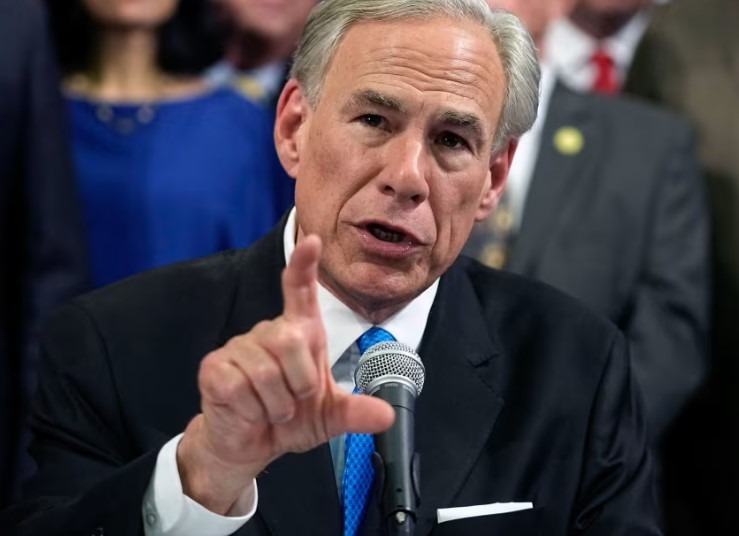
The Tension Over Redistricting in Texas: A Deep Dive
In a dramatic escalation of political tensions, Texas Governor Greg Abbott has ordered the arrest of more than 50 state House Democrats who absconded to Washington, D.C., in protest of proposed congressional redistricting legislation. The implications of this move and the motivations behind it illustrate the deep divide within Texas politics, signaling troubling trends that could resonate beyond state lines.
Understanding the Background: The Redistricting Fight
Every ten years, following the national census, states undergo redistricting—a process where legislative boundaries are drawn, significantly impacting political representation. In Texas, this process has historically been contentious, especially given the state's rapid population growth and demographic shifts. The current redistricting efforts are perceived by many Democrats as an attempt to favor Republicans, leading to the mass exodus of lawmakers earlier this week.
When state Democrats left Texas, they aimed to deny a quorum, which would effectively stall the legislation they deemed unfair. This move mirrors similar events across the country, where lawmakers have used walkouts and disappearances as tactics to protest policies they believe endanger democracy and voter rights.
The Response from Texas Leadership
Governor Abbott's decision to warrant arrests not only could escalate tensions but also raises serious questions about legislative processes and civil rights. His administration justified this move, arguing that the absence of lawmakers hampers the functioning of the legislature. However, critics argue that this reaction is an overreach of power, demonstrating a willingness to exert authority over dissent.
In his words, Abbott stated, "If they are going to deny the ability for the legislature to do its business, then they are effectively denying their constituents a voice in the legislature." This statement reflects a viewpoint held by many in the Texas GOP while failing to acknowledge the deeper motivations behind the Democrats' actions.
Historical Context: A Cycle of Partisan Conflict
Texas's political landscape has been shifting for years, with increased Democratic voter registration and participation, particularly among minority communities. Historical patterns reveal that redistricting has often resulted in partisan conflicts, with both parties accusing the other of gerrymandering—drawing district lines to perpetuate their advantage. As campaign strategies become increasingly aggressive, so too do the tactics used to fight perceived injustices.
Social Connections: Communities at Stake
The implications of redistricting transcend legislative chambers and directly impact Texas communities. The ongoing strife over fair representation is not just about partisan power—it speaks to equity in resource allocation, community funding, and social services. For residents in districts affected by potential redistricting, their chances of having a voice in state and national conversations hinge on how lines are drawn—and who gets to draw them.
Future Predictions: The Path Forward for Texas Politics
The road ahead for Texas is fraught with uncertainty. As public dissatisfaction with political maneuvering grows, we might witness more organized protest actions that challenge established political norms. This situation also places greater importance on engagement by young voters, who are being called to combat systemic inequalities and to demand fair representation.
Moreover, as social media continues to shape political discourse, grassroots organizations are rising to the forefront, harnessing technology to foster broad-based coalitions. They advocate for transparency and equity in legislative processes, emphasizing that democracy thrives not only in high-level negotiations but within the fabric of everyday citizen advocacy.
Conclusion: A Call to Civic Engagement
The showdown in Texas reflects wider national debates about representation and democracy. As Governor Abbott's orders unfold, individuals on all sides of the aisle must engage actively in the political process to ensure their voices are heard. Voter outreach, educating communities about their rights, and advocating for honest and equitable redistricting can lead to progressive outcomes that benefit everyone.
As political tensions remain high, citizens of Texas and beyond are urged to reflect on these events and consider their roles in shaping a fair political landscape. Stay informed, stay engaged, and ensure your voice resonates within state and national discussions.
 Add Element
Add Element  Add Row
Add Row 



Write A Comment